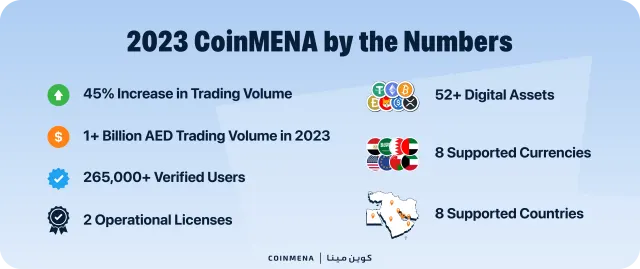
Behind the scenes, crypto regulators are hard at work
During bear markets, the crypto industry gets a disproportionate amount of press given its relative size in the financial markets.

During bear markets, the crypto industry gets a disproportionate amount of press given its relative size in the financial markets. The media coverage is mostly doom and gloom and focuses only on asset prices. However, behind the noise, there are a lot of promising developments happening behind the scenes, especially on the regulatory front.
Currently, the crypto market cap sits at 1 trillion dollars. Not huge compared to equities or bond markets, but still big enough to cause some damage and warrant the attention of lawmakers. After several high-profile crypto bankruptcies and liquidations, regulators across several jurisdictions are stepping up their efforts to introduce more safeguards to protect investors.
In the United States, there is competition amongst regulatory agencies on who should regulate crypto. The Chairman of the Securities & Exchange Commission (SEC), Gary Gensler, has publicly acknowledged an important distinction that not all cryptocurrencies are the same. For example, he considers bitcoin a commodity and should fall under the jurisdiction of the Commodities Futures Trading Commission (CFTC). Whereas he considers other cryptocurrencies as securities and should fall under the SEC’s jurisdiction. Earlier this summer, the SEC nearly doubled the staff of an enforcement unit focused on cryptocurrencies.
Singapore, home to the now bankrupt hedge fund 3AC, acknowledged some gaps in the current regulatory framework. The Monetary Authority of Singapore (MAS) has started taking measures to enhance existing regulations to address the liquidity and withdrawal issues faced by some crypto participants.
In the region, Saudi Arabia, the biggest economy in the region, recently signaled its intention to regulate crypto. Saudi Arabia’s Central Bank appointed Mohsen AlZahrani to lead its virtual assets and central bank digital currency program. According to a Bloomberg report, Mr. AlZahrani will be reporting directly to Ziad Al Yousef, the Saudi Central Bank’s deputy governor for development and technology. This signals a 180-degree shift from the Kingdom’s stance in 2018 when Riyadh banned banks from processing crypto transactions.
Earlier this year, the UAE announced Law no. 4 of 2022 to regulate virtual assets and established the Dubai Virtual Assets Regulatory Authority (VARA). Importantly, VARA’s remit includes developing policies and procedures for coordinating with the UAE Central Bank and the Securities and Commodities Authority (SCA). The stated goal of the comprehensive law is to position the UAE as a regional and global crypto hub and attract the top companies in the world to establish a presence in the country.
All these developments are bullish for the long-term prospects of crypto and signal to the market that our industry is here to stay. I’m especially excited about the recent development in Saudi Arabia & the UAE, which along with established regulatory jurisdictions like Bahrain, would position our region as a global hub for cryptocurrencies.



